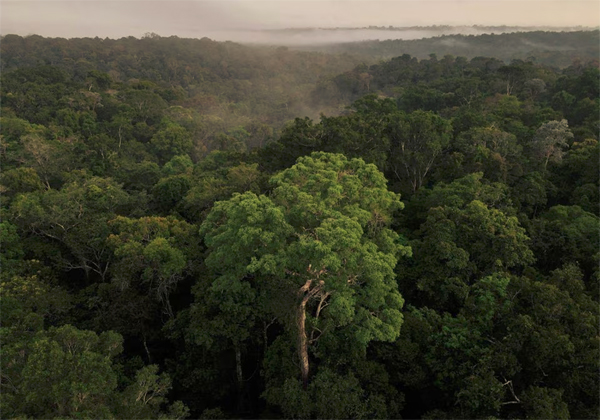
Marcela Ayres and Bernardo Caram, Reuters
BRASILIA
EnergiesNet.com 08 17 2023
Brazil’s government is looking to create a regulated carbon market with emissions caps for major companies and protections for indigenous communities involved in carbon-offset activities, a senior official said.
The proposal outlined by Rafael Dubeux, who is coordinating actions in the Finance Ministry’s “ecological transformation” plan, represents one of the most ambitious elements yet of President Luiz Inacio Lula da Silva’s high-profile environmental agenda.
Lula campaigned on vows to combat illegal deforestation in the Amazon rainforest, and the destruction has reduced by more than 40% in his first seven months in office. Now, his government is turning its focus to other sources of greenhouse gas emissions.
Legislation coming before Congress this month would structure the new carbon market around a cap on companies emitting more than 25,000 tons of carbon dioxide equivalent annually, Dubeux said in an interview on Wednesday afternoon.
The cap would hit oil and gas firms, along with meatpackers and steel, cement and aluminum producers, he said, adding that affected firms make up just 0.1% of Brazilian companies, but produce nearly half of emissions.
After passing Congress, the regulations would require two years of emissions monitoring before the cap takes effect. At that point, companies cutting emissions faster than required can generate credits to trade on an exchange with those struggling to keep pace.
Companies could also offset their emissions with credits generated with reforestation projects, Dubeux said.
Reforestation and conservation projects in Brazil are already offering companies a way to voluntarily offset their emissions. But Dubeux said the lack of regulation has created an opening for irresponsible “carbon cowboys” who take advantage of some participants.
For example, some developers have approached indigenous communities with unfair contracts offering meager payments, he said. The proposed legislation would establish criteria for such deals, guaranteeing broad consensus and equitable terms for indigenous communities involved.
Lula has pitched the sweeping green transition plan as a centerpiece of his third non-consecutive term. As part of the plan, funds from Brazil’s first sustainable sovereign bonds, scheduled for this year, will be allocated mainly to the Climate Fund overseen by state development bank BNDES, Dubeux stated.
He said the plan includes a review of tax incentives, and new taxes on ecologically damaging products. The government also aims to stimulate regional development, including production of wind energy equipment in the northeast.
Reporting by Marcela Ayres and Bernardo Caram Editing by Brad Haynes and Devika Syamnath
reuters.com 08 17 2023












